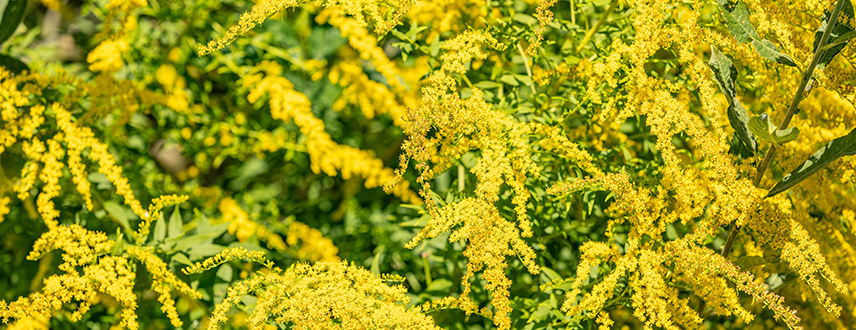
As the weather cools and leaves begin to turn, many people look forward to crisp mornings, cozy sweaters, and pumpkin everything. But for millions, fall also brings sneezing, itchy eyes, and runny noses triggered by seasonal allergies. Ragweed pollen, mold spores from damp leaves, and even dust stirred up by heating systems can all make autumn uncomfortable. Fortunately, with a few proactive steps including increased vitamin C intake, you can manage symptoms and stay healthy all season long.
Know Your Triggers
The first step in fighting allergies is identifying what sets them off. In fall, ragweed pollen is one of the most common culprits, peaking from late August through October. Mold also thrives in piles of wet leaves or damp basements, while dust mites become more noticeable once homes are closed up for cooler weather. Keeping track of when and where your symptoms flare up can help you pinpoint your triggers.
Keep Pollen and Mold Out
Simple habits can go a long way in reducing exposure:
- Check pollen counts before heading outside, and plan activities for lower-pollen times (usually late afternoon or after a rainfall).
- Shower and change clothes after spending time outdoors to prevent pollen from lingering.
- Close windows on high-pollen days and use an air purifier indoors.
- Rake leaves promptly and avoid sitting in damp piles where mold can grow.
Support Your Immune System
A healthy body is better equipped to handle allergens. Focus on:
- Balanced nutrition with fruits, vegetables, and whole grains to provide antioxidants and vitamins.
- Staying hydrated to keep nasal passages moist.
- Regular exercise to strengthen your respiratory system—though opt for indoor workouts on high-pollen days.
- Adequate sleep, which helps the immune system function at its best.
The Role of Vitamin C
Vitamin C does more than boost your immune system—it also acts as a natural antihistamine. Histamine is the chemical your body releases in response to allergens, causing sneezing, runny nose, and watery eyes. By helping lower histamine levels, Vitamin C can reduce the intensity of allergy symptoms.
You can increase your intake by adding more Vitamin C-rich foods like:
- Citrus fruits (oranges, grapefruits, lemons)
- Strawberries and kiwis
- Bell peppers and broccoli
- Leafy greens like kale and spinach
For extra support, many people choose to take a daily Vitamin C supplement during peak allergy season.
Soothe Symptoms Naturally
Along with over-the-counter allergy relief, some natural remedies can make symptoms easier to manage:
- Saline nasal sprays or rinses help flush out allergens.
- Steam inhalation can ease congestion and soothe irritated airways.
- Local honey (in small amounts) may help some people by gently exposing the body to local pollen.
- Herbal teas like peppermint or chamomile may provide comfort by reducing inflammation.
Fall allergy season may be unavoidable, but it doesn’t have to ruin the season. With smart prevention, immune support, and the addition of Vitamin C, you can breathe easier and enjoy everything autumn has to offer.
